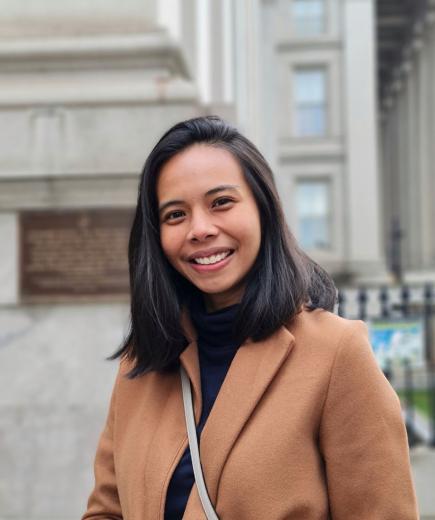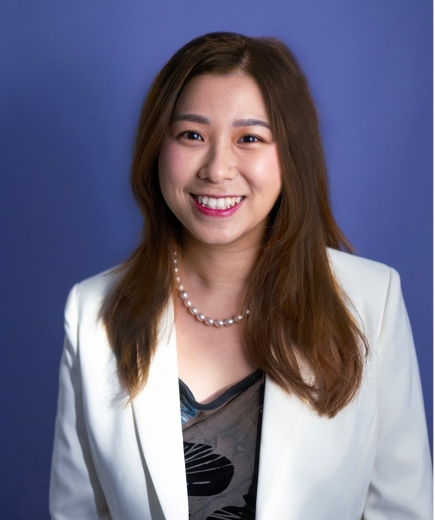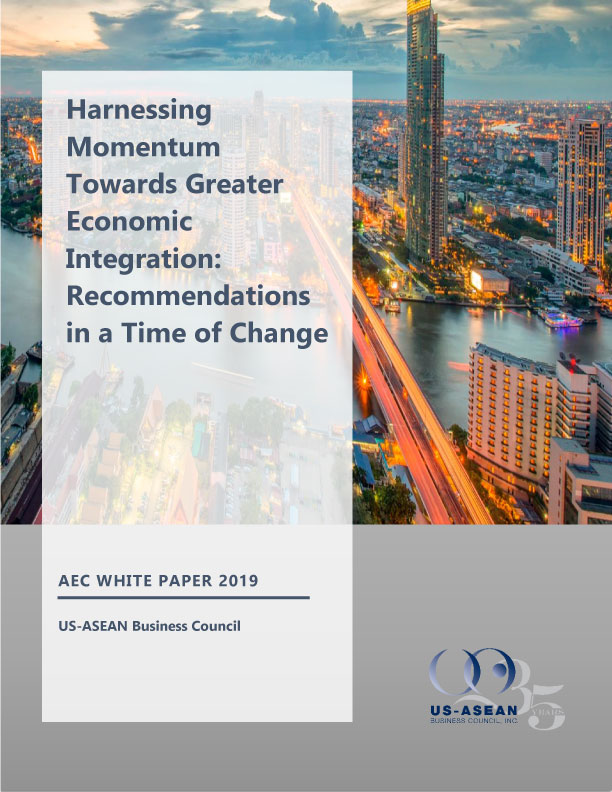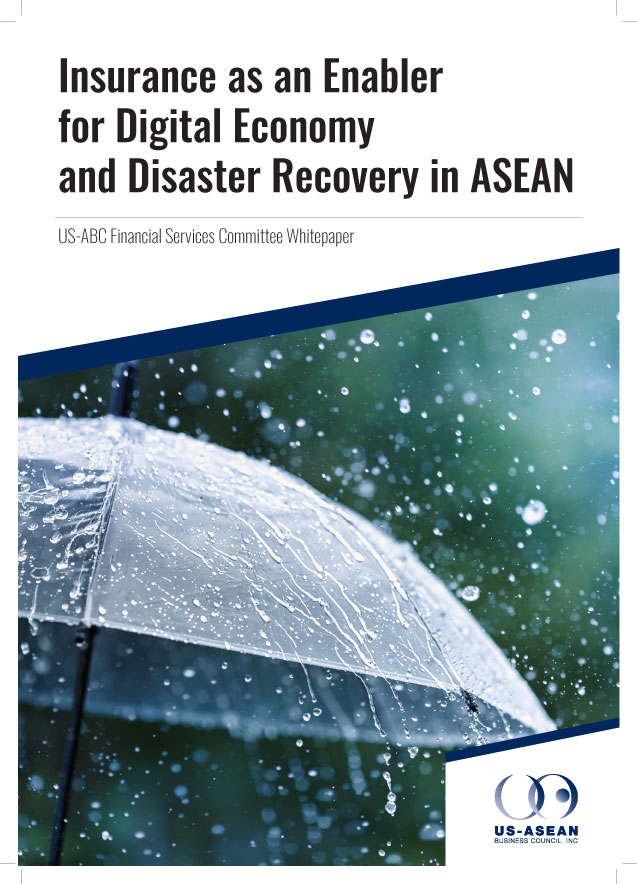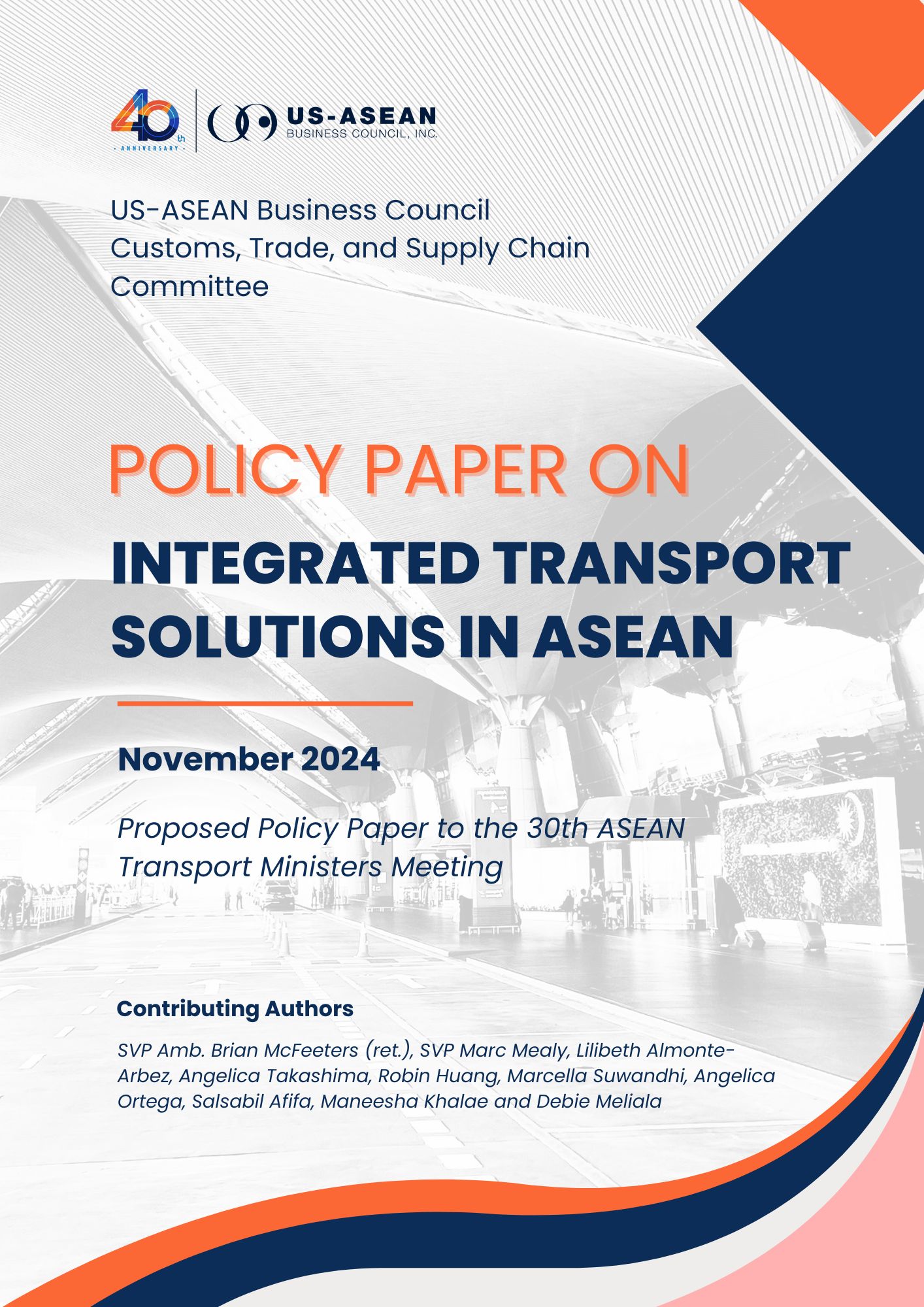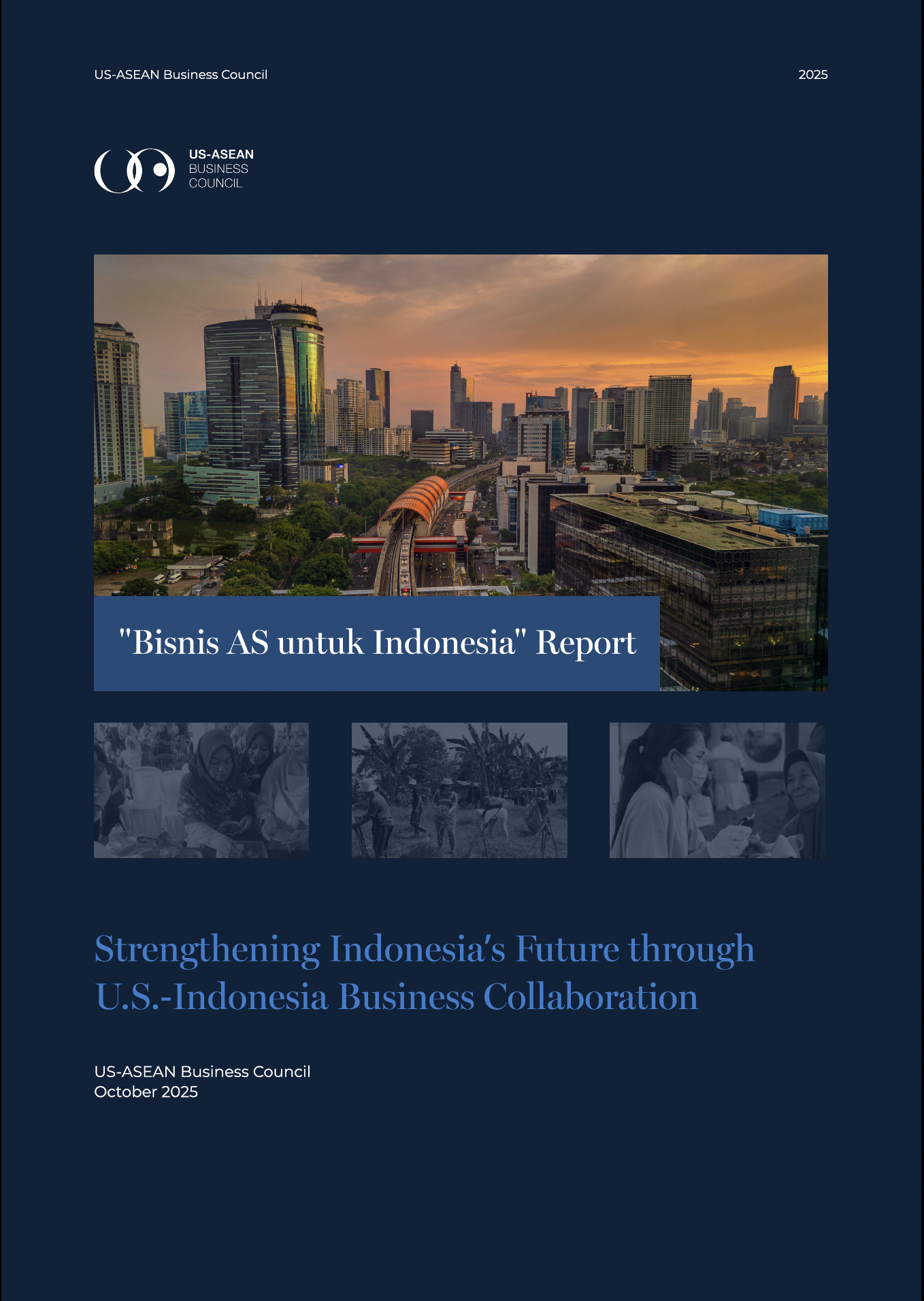Singapore General Election 2025 (GE2025): Political Landscape and Policy Continuity
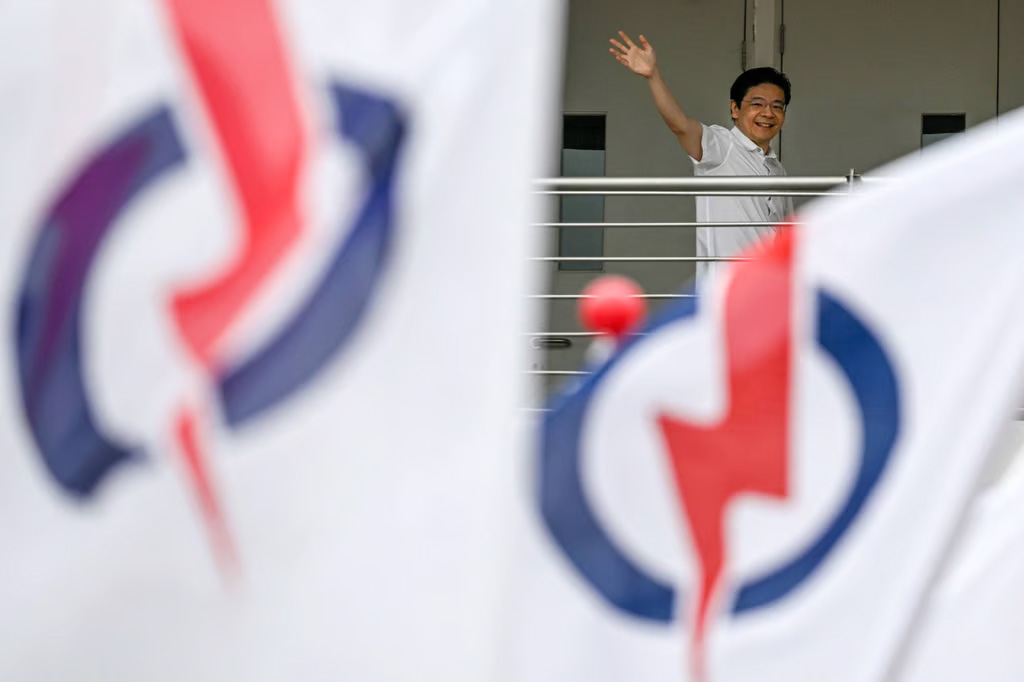
The PAP retained its majority in the May 3 election, securing 87 of 97 seats. Despite economic headwinds, the results signal continued political stability for Singapore. The US-ASEAN Business Council will engage the new Cabinet during its Singapore Business Mission from July 15 to 17.
Overview of GE2025
On May 3, Singapore held its 14th General Election since independence in 1965. The ruling People’s Action Party (PAP), led by Prime Minister Lawrence Wong, secured a parliamentary majority of 87 out of 97 seats. With this, the party increased its share of the popular vote to 65.57%, up from 61.23% in 2020. This election marked Prime Minister Wong’s first electoral test since succeeding Senior Minister Lee Hsien Loong in 2024.
The Workers’ Party (WP) retained 10 seats, consolidating its position as the main opposition force. No other opposition party or independent candidate won seats. Despite public concerns over high living costs and inflation, voters appeared to favor the PAP’s promise of stability and effective governance amidst global uncertainties.
Political Landscape: PAP's Electoral Strategy and Leadership Transition
From GE2020 to GE2025, the PAP made more last-minute switches to the senior leaders assigned to highly contested districts, to encourage voter swings towards the PAP. The Group Representation Constituencies (GRCs) that faced close fights are Tampines and Punggol. They were anchored by Minister-in-charge of Muslim Affairs, Masagos Zulkifli, and Deputy Prime Minister and Minister for Trade and Industry, Gan Kim Yong, respectively. In total, a loss of Tampines and Punggol GRCs would have meant that two existing Cabinet Ministers would have been lost. The GE2025 shows that PAP successfully defended these areas. Other notable results include –
Secretary-General of the National Trades Union Congress Ng Chee Meng made a return to parliament after losing his seat in 2020. He was re-elected at a slim marginof 51.47% of the vote, and continues to experience public scrutiny. .
Minister for Education and Minister-in-Charge of Public Service Chan Chun Sing led the PAP’s best performing team with 81.03% of the vote.
GE2025 also marked a leadership transition point for long-serving Cabinet members, paving way for younger generation leaders to play stronger roles in Singapore’s decision-making process. The PAP fielded a record slate of new faces in this year’s election. Though the full Cabinet reshuffle is expected in June, several retirements from key ministers have already been announced –
Deputy Prime Minister Heng Swee Keat
Minister for Defence Dr. Ng Eng Hen
Senior Minister of State for Transport and Sustainability and the Environment Dr. Amy Khor
Minister in the Prime Minister’s Office and Second Minister for Education and Foreign Affairs Maliki Osman.
Senior Minister and Coordinating Minister for National Security Teo Chee Hean
Policy Continuity: Renewed Responsibilities Under Global Trade Uncertainty
While the PAP maintained a clear majority, the tight margins in several districts suggest evolving public expectations. The PAP has steered Singapore’s economy through major international financial crises, a host of global shocks, and the pandemic. Now, it has the responsibility to deliver again amidst Singapore’s vulnerability in the ongoing trade turmoil. In his campaign, PM Wong stated that bringing more opposition leaders into the government could lead to instability at the wrong time for trade-dependent Singapore. DPM Gan’s re-election and continued leadership of Singapore's Economic Resilience Taskforce (SERT), a taskforce meant to mitigate the immediate uncertainties arising from the U.S. tariffs, indicates continuity during escalating global trade tensions.
The reaffirmed PAP mandate signals continued political and policy stability in Singapore. Businesses can expect the government to stay the course on national initiatives such as digitalization and workforce development, among others. Business friendly policies and regulatory clarity remain, with businesses monitoring the cost of living and post-election Cabinet changes. Regionally, Singapore’s GE2025 results underscore the city-state’s positioning as a predictable and trusted gateway to Southeast Asia.
